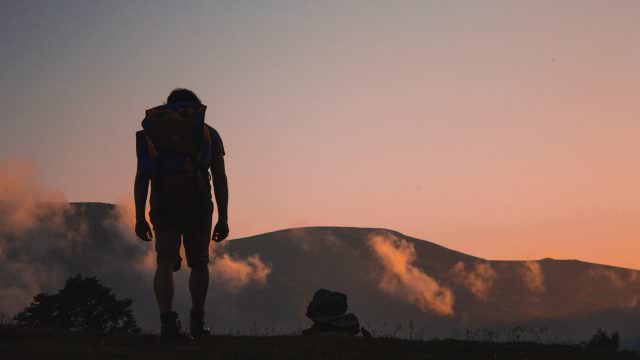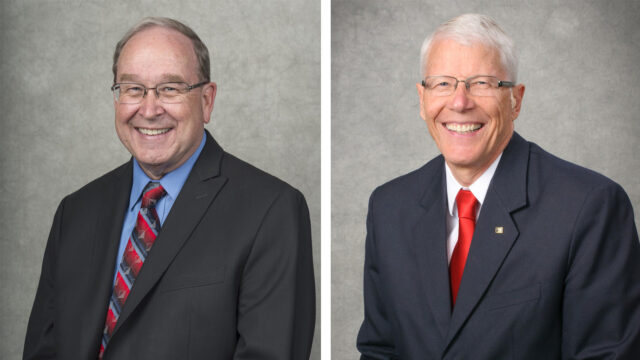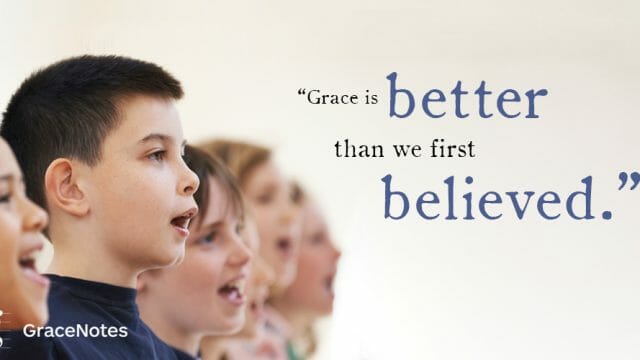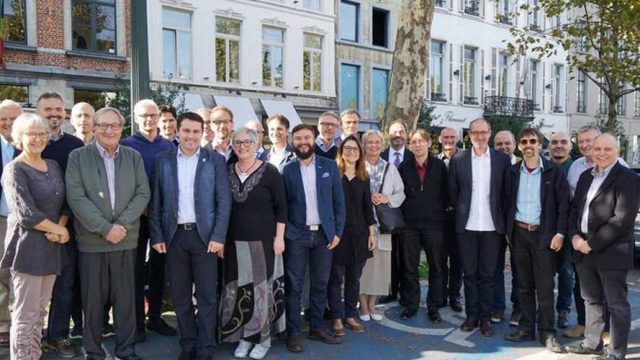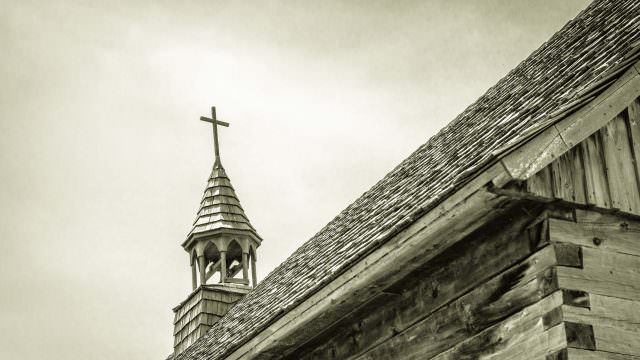We finally find Shanifa* standing by the statue waiting for us in Bourj Hammoud, a poor, crowded suburb in Beirut, Lebanon. We have […]
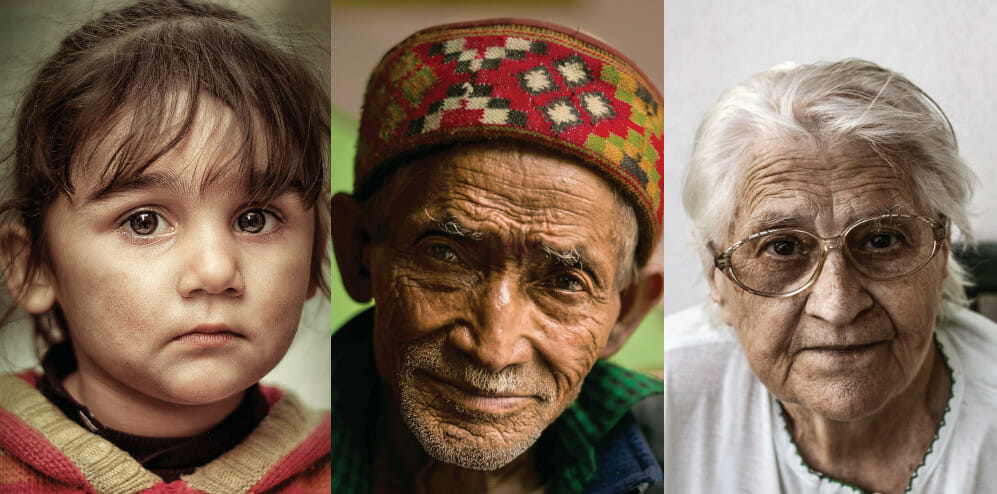
We finally find Shanifa* standing by the statue waiting for us in Bourj Hammoud, a poor, crowded suburb in Beirut, Lebanon. We have some groceries to deliver to her from the Middle East University church. She is older than I expected, and she looks thin and careworn. Her eyes, however, sparkle with anticipation. She is happy to meet us. Three students and I follow her down the street and up the narrow, stuffy steps to her apartment. Inside, her husband is sitting on a couch with a breathing machine over his nose and mouth. He looks very sick—like the living dead.
We deposit our grocery bags on the cluttered living room floor and sit down on comfortable but worn furniture. Shanifa starts pulling out medical bills and showing us all the medicine her husband needs and the overwhelming hospital bills she has. Sometimes her husband opens his eyes; sometimes they are closed. I wonder how much longer he will live. He pulls his bathrobe around him for warmth. Shanifa seems just to need someone to talk to, though she is clearly desperate for help. Ever gracious and hospitable, she passes candies and sweets around as we chat.
Our students wonder aloud whether they might be able to get insulin (for the husband’s diabetes) from Egypt, which would be cheaper. Shanifa’s problems and financial stress just keep pouring out, and she repeats her problems again and again, as if, perhaps, we didn’t believe her the first time.
Another Stop
Shanifa then wants to know if we would like to visit her daughter, a 10-minute walk away. She wonders if we have anything we could give her daughter, but we are already out of groceries. She says her daughter has a little girl who has special needs. We say a prayer for this needy household; then we are off to our next visit.
Shanifa leads us down a crowded street with cars passing much too close for comfort, and into another dark and dreary apartment block. Inside we find her daughter, Luna, with little Ariane sitting on her lap. The patient mother is trying to feed her terribly disabled daughter with the tiny, twisted body. Don’t cry! I remind myself. We are here to share just a little love and support. But I have a daughter too, and this is hard on a father’s heart.
In an instant I am keenly aware of my own blessings, while at the same time overwhelmed by the hopelessness of the situation I am experiencing. Ariane doesn’t look like much more than a baby. I ask her age. She is 21! She has to wear diapers. She can’t speak, but she can smile! The mother looks older than what she probably is. She tries patiently and lovingly to feed the daughter, who has problems eating because of what seems to be a gum infection. They want to show me what the problem is, so I go over. Then the mother wants to show me something else on Ariane’s side. I have to tell them that I am not a medical person and that I can’t help. How frustrating!
Luna explains that no one helps them because her husband is a foreigner. She asks me to pray for them. What can I say? Their situation is so desperate. During the prayer I mention how Jesus is always with us even through difficult times. I ask for a blessing on the family and for the angels to be with them.
More Poverty
Luna asks if we can visit their friends, whom she describes as very, very poor. We say goodbye and continue to head up many more dirty sets of stairs to make yet another visit. We finally arrive at the door, and an older gentleman with only two very crooked teeth welcomes us in.
The stuffy room reeks so much of cigarette smoke that it is hard to keep from coughing. There is very little air in the room. The man’s wife, terribly thin, is bedridden. We sit down and visit. I am surprised that the husband speaks English. I have to listen very hard, but I manage to carry on a conversation. There is a beautiful painting of Jesus standing on the water and saving Peter, who is sinking. On the wall behind me is a portrayal of the Last Supper. I learn that these pictures were painted by their son.
The room has a few simple chairs and two beds. The wife is able to sit up, and we learn that she has heart problems. If I understand properly, she has a stent in her artery. She is also diabetic. She is just so thin. A huge bundle of cigarettes sits on the table next to her, presumably her husband’s. The husband shows us her foot, which has red toes that are kind of squished together and look raw and sore. He says his wife can’t sleep because of the pain in her legs. Diabetes is taking its toll on her life.
Soon our third visit draws to an end. We offer another prayer and make our way back through the crowded street. The students apologize to an angry shop owner who complains about where our car is parked. He seems OK in the end.
One of the students turns and asks, “Can we go somewhere before we go back to campus?” We are all deep in our own thoughts and need to share our experience and debrief before heading back. We end up at the mall for a bite to eat and a chance to talk after the traumatizing and heartbreaking visits.
So Many Needs!
There are so many needs. And so much of what we saw is preventable. Sharing the love of God can make such a difference, but I feel so helpless. What we did is like a drop in the bucket. Even the few groceries we brought remind me of the disciples’ comment about the five loaves and two fish: “What are these among so many?” (John 6:9).
We visited three apartments in Bourj Hammoud. There are probably hundreds of apartment blocks in this suburb and thousands of poor people who need practical and spiritual help. What are three visits in the face of such needs? But we have to do what we can.
Sometimes we are too comfortable in this world. But today I came face to face with the toll that sin is taking on humanity. What can we do among so many needs? So little. Not enough. But we must try.
I realize that God calls us to make a difference, even if it is just in one person’s life.
* Personal names in this story have been changed.


